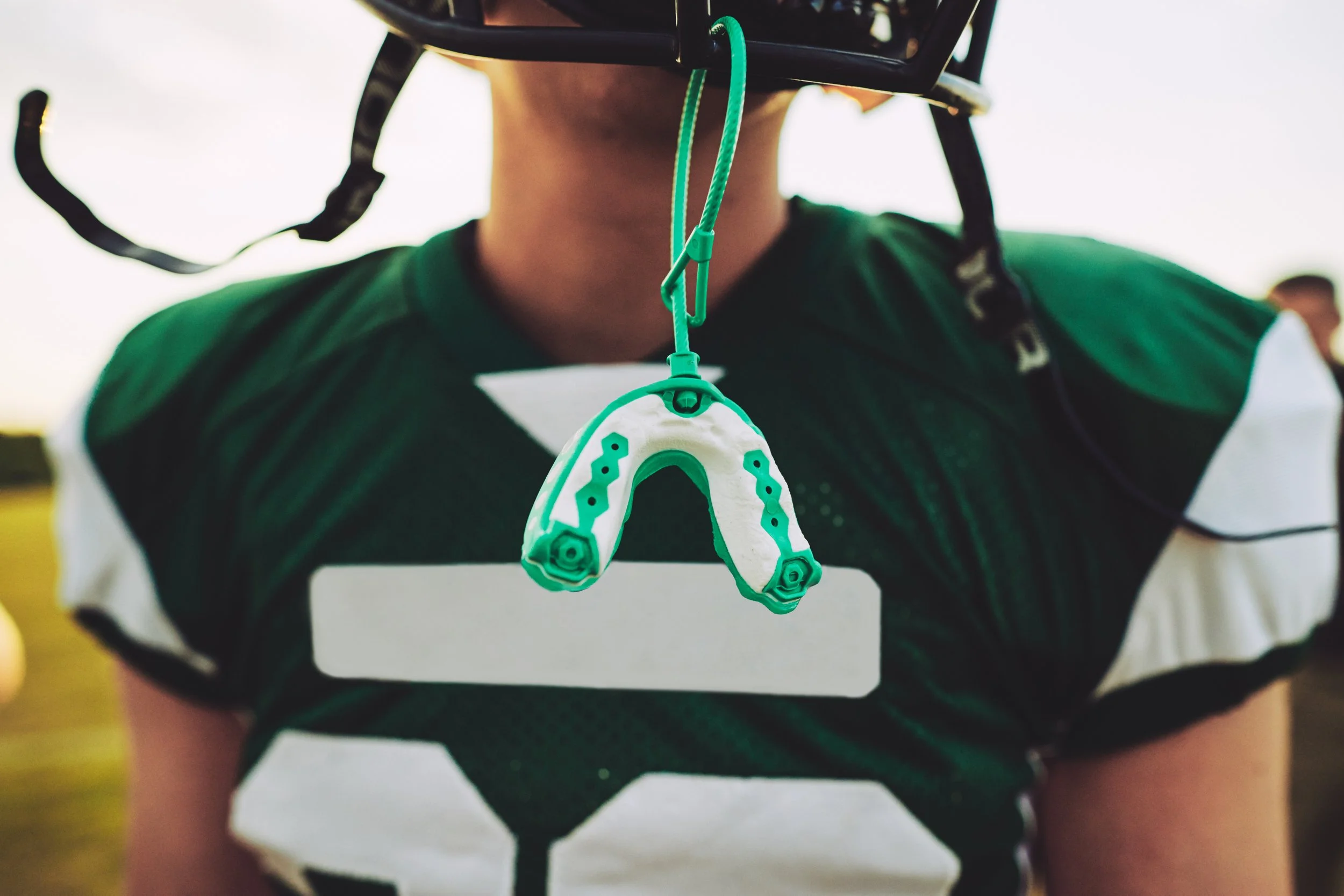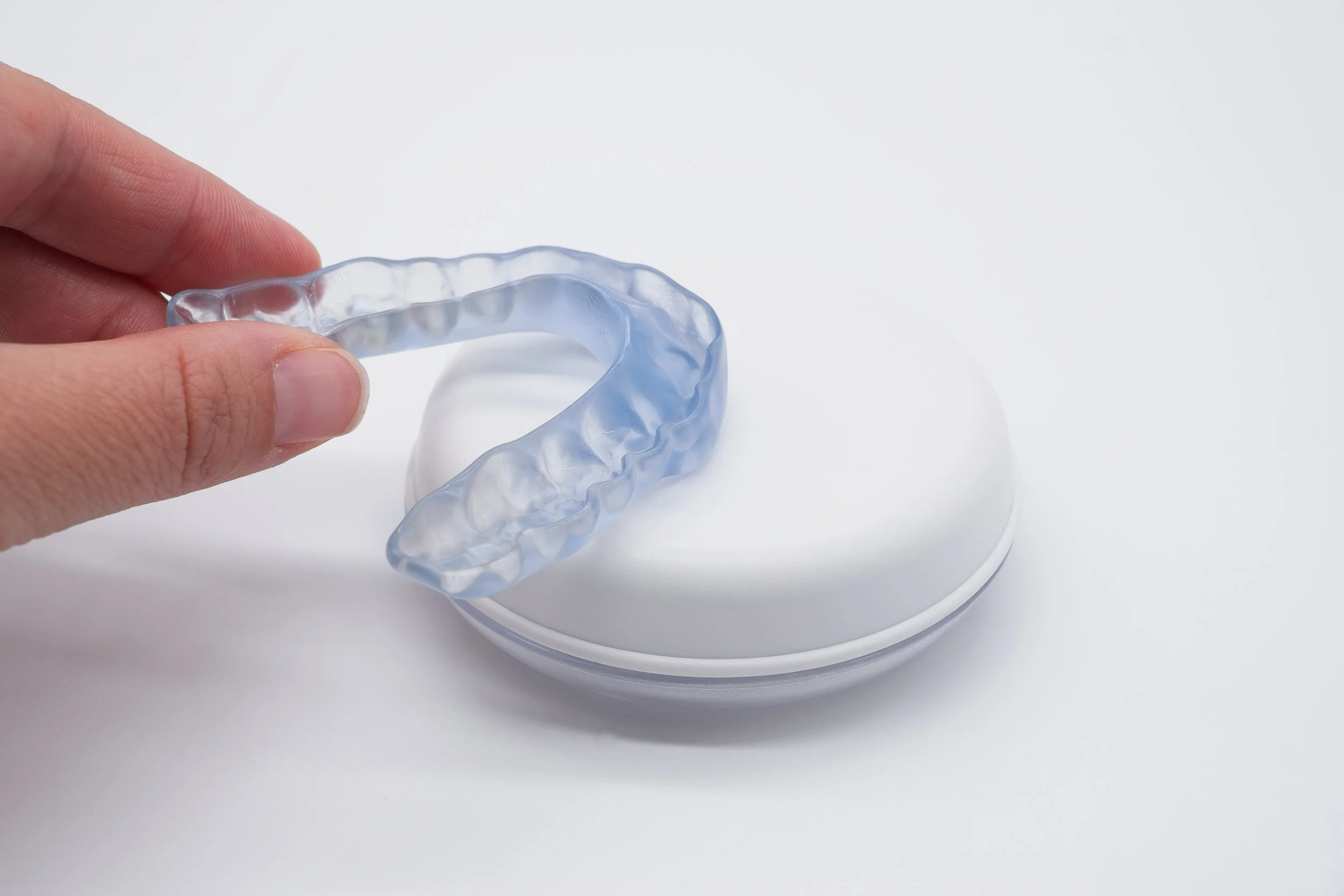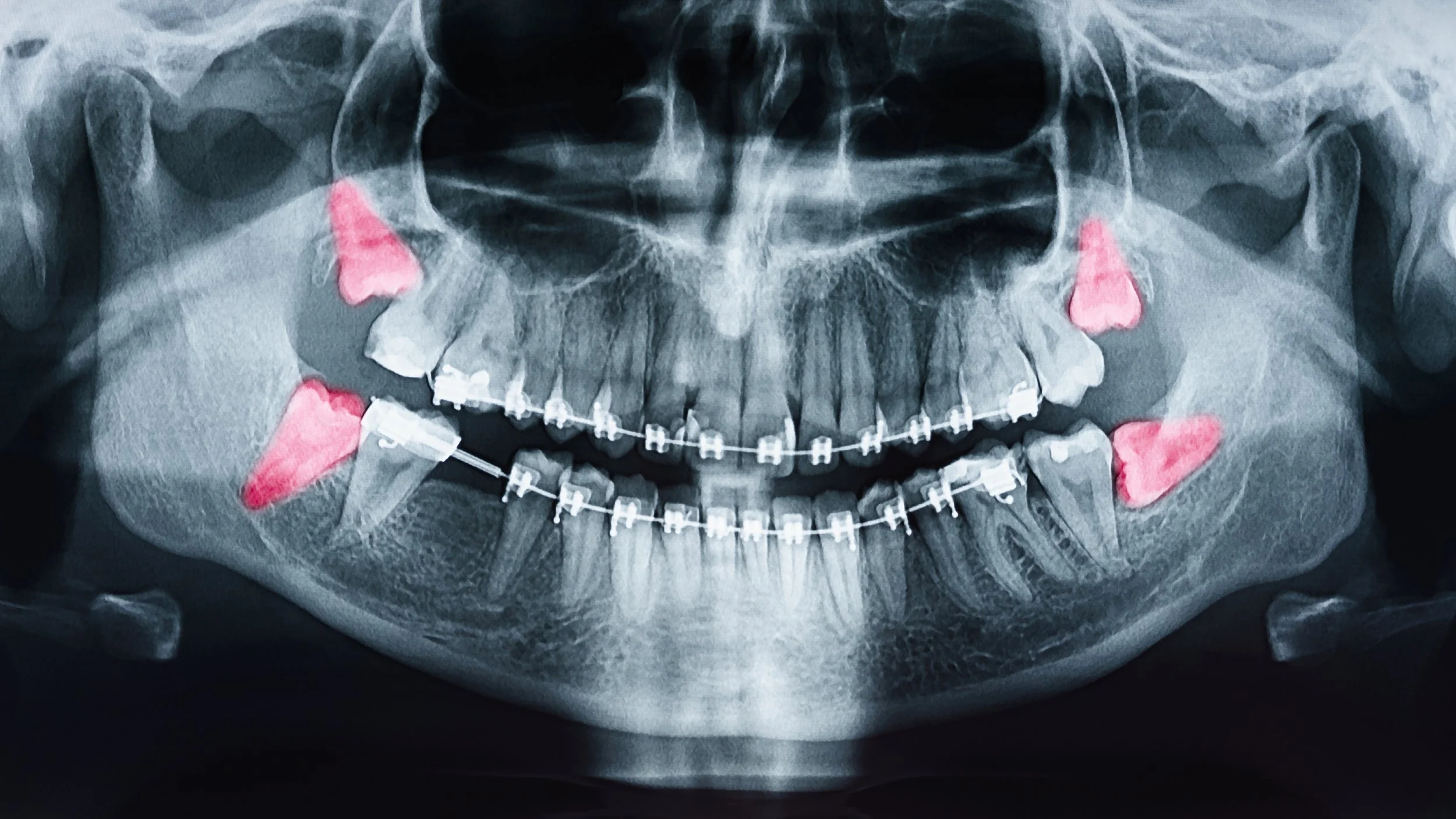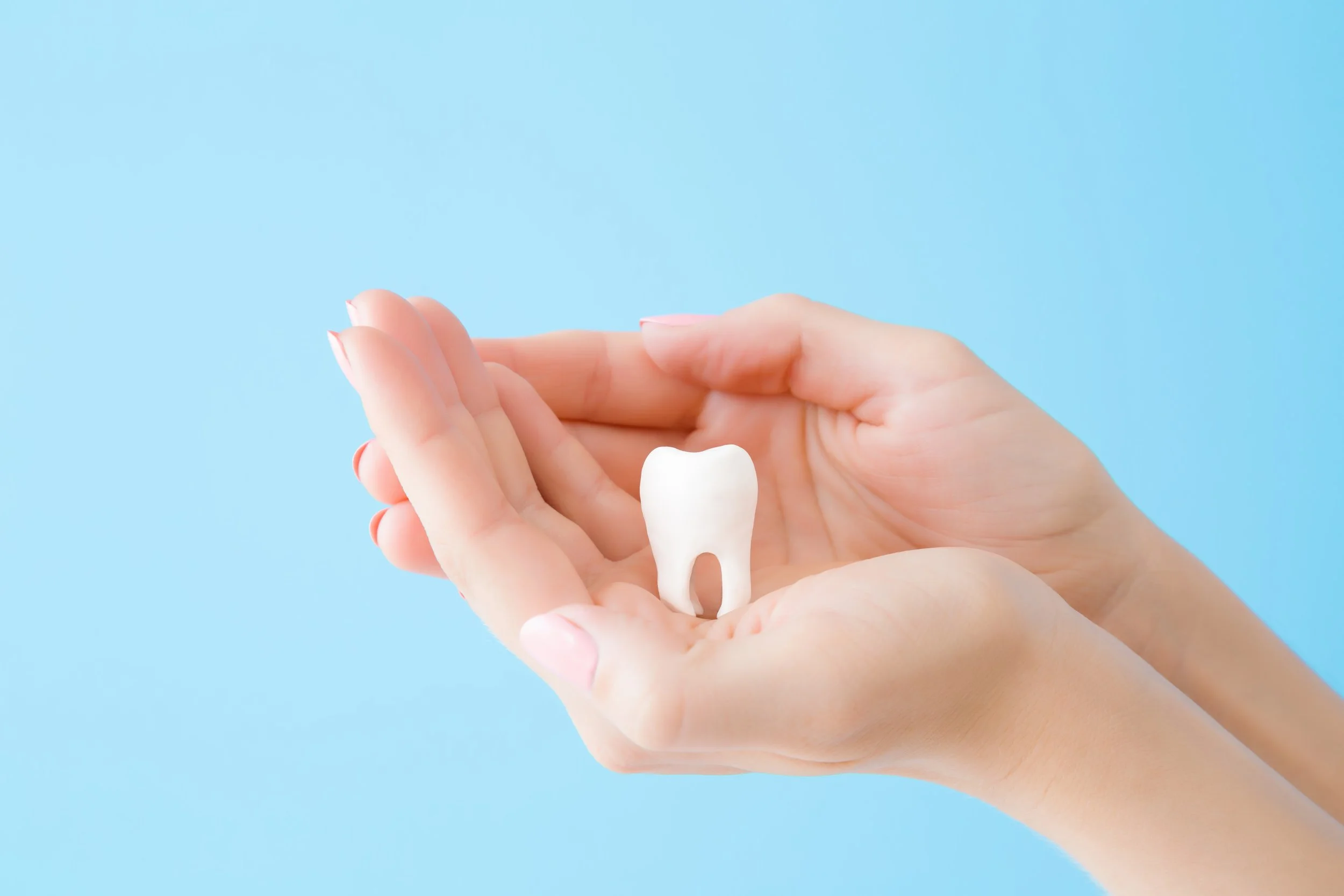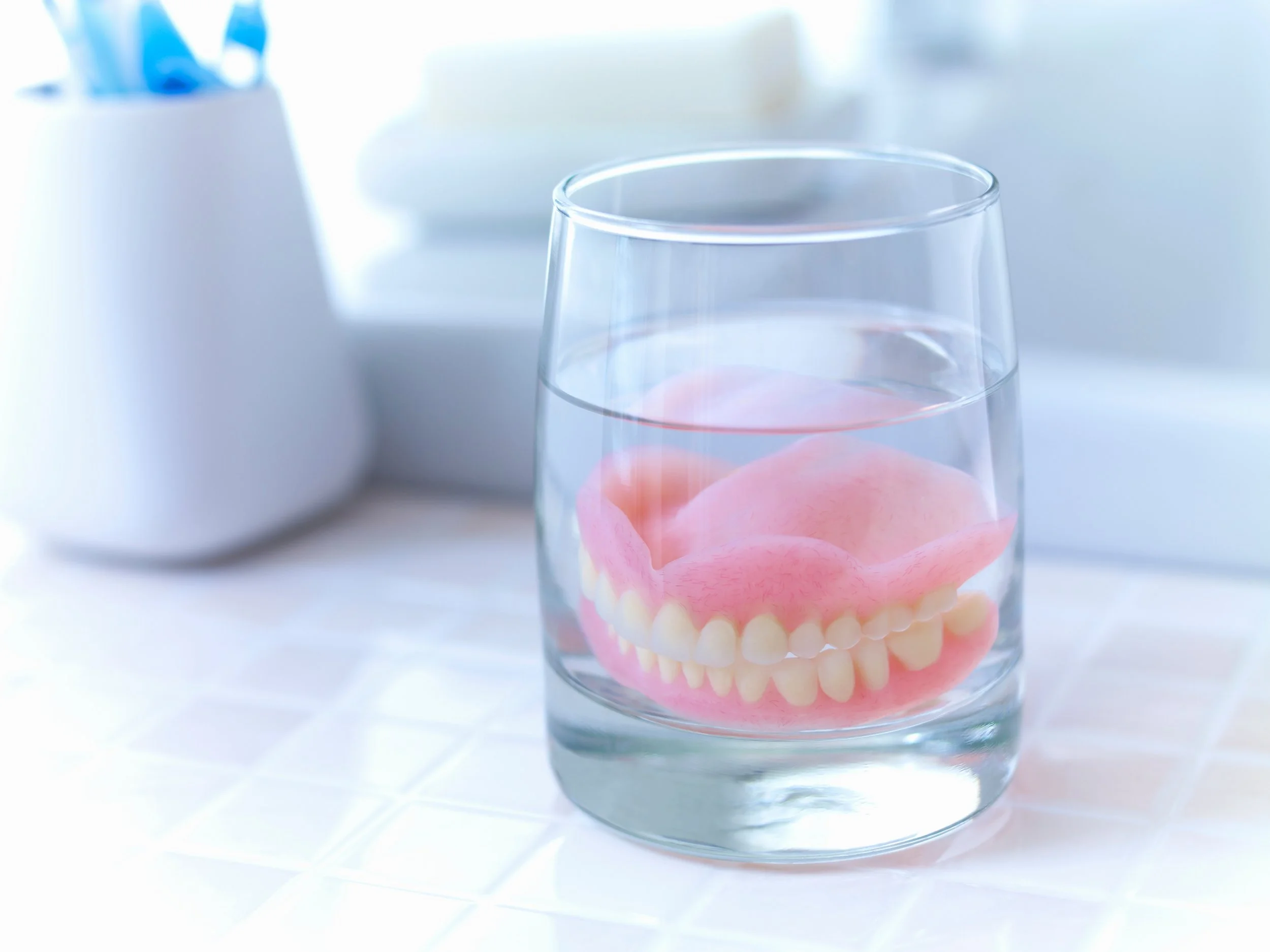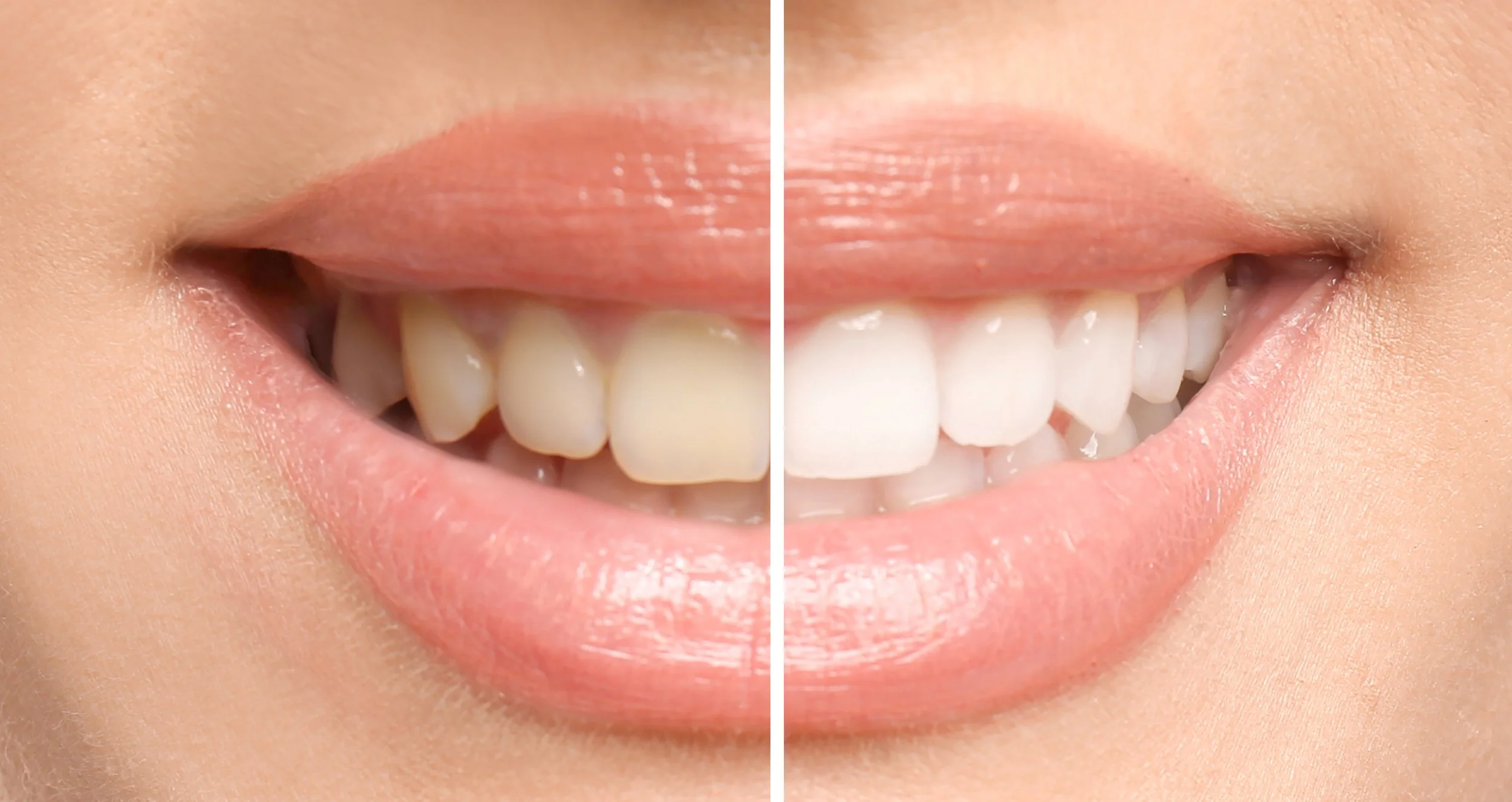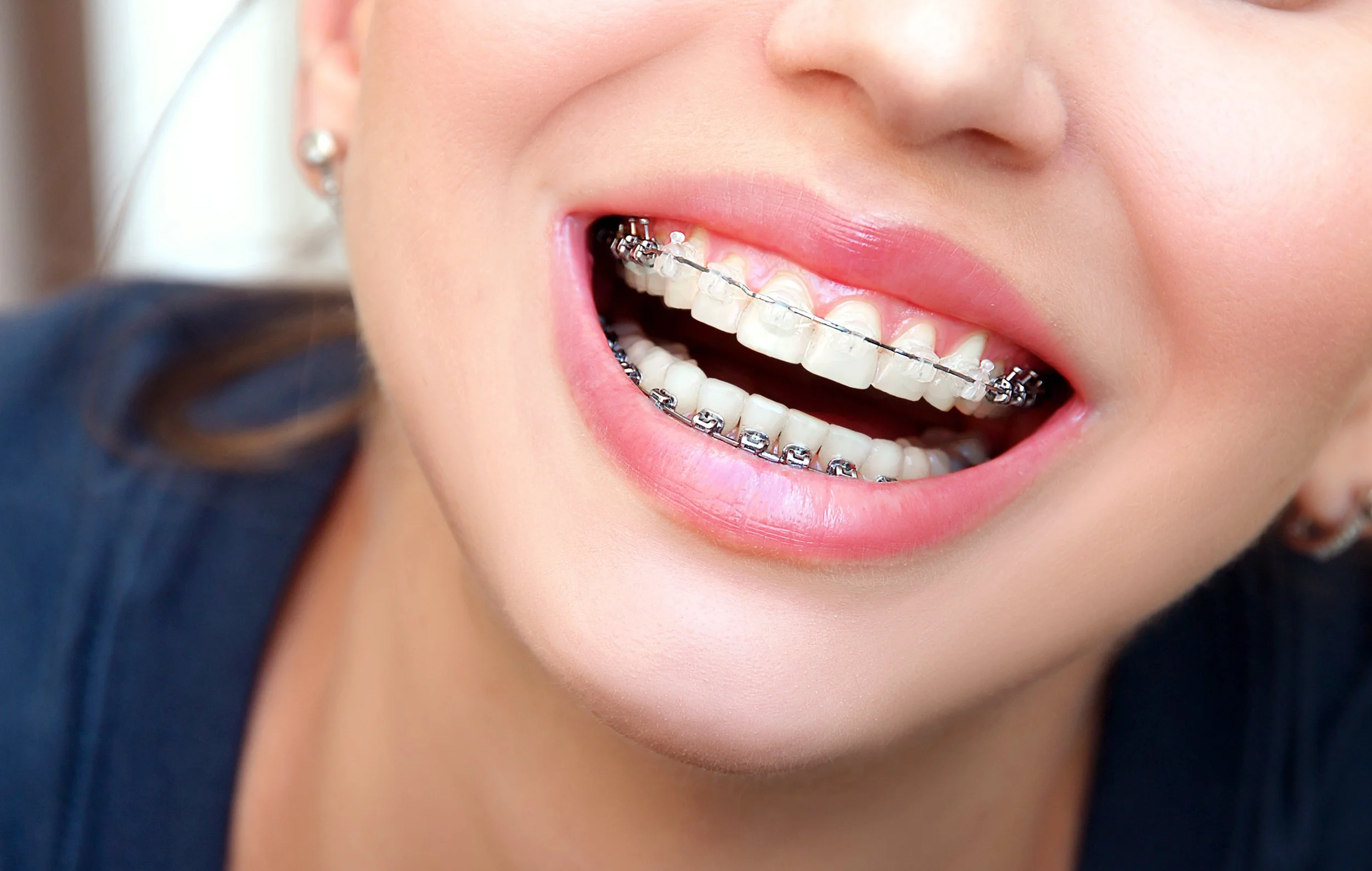A dental emergency is any oral health issue that requires immediate care to stop bleeding, relieve severe pain, or prevent infection and further damage. Common dental emergencies include uncontrolled bleeding, pain that does not improve with medication, and injuries involving the teeth, mouth, or face.
Read MoreSports mouth guards are one of the most cost-effective ways to protect the teeth during athletic activities. Proper care helps your mouth guard last longer and prevents the buildup of bacteria, saliva, and food particles that can lead to bad breath and oral infections.
Read MoreWearing a night guard, also known as an occlusal guard, is one of the best ways to prevent damage to your teeth caused by grinding and clenching in your sleep. It can also reduce tooth wear, pain, and headaches, allowing you to get more rest.
Read MoreWisdom teeth extraction can be intimidating, but knowing what to expect can help you feel at ease. Follow this guide to become acquainted with the wisdom teeth removal process.
Read MoreWhile a dentist’s first priority is to save a damaged tooth with a crown or filling, sometimes removal is the best option. Following the right aftercare steps will help ensure a smooth healing process.
Read MoreWhen you talk, eat, or drink, food particles collect around and under dentures. If you sleep with dentures, the particles become trapped, leading to harmful bacteria that cause infections, gum disease, and irritation.
Read MoreTeeth whitening is a popular way to enhance your smile—but how long do the results actually last? That depends on the type of whitening method used and how well the teeth are cared for afterward. On average, professional whitening treatments can last anywhere from 6 months to 3 years. At-home whitening methods usually last 2 to 6 months.
Read MoreDental veneers are a great investment in both your appearance and confidence. With the right care, they can stay looking great for years to come. Follow these simple tips to maintain the look and longevity of your veneers.
Read MoreDental fillings have been around for thousands of years. They were first made from beeswax and other natural materials. Now, modern dentistry offers a variety of materials to restore teeth, such as gold, porcelain, composite resin, silver amalgam, and glass ionomer.
Read MoreIf you want your dental bridge to last as long as possible, there are certain things that you should avoid. By watching what you eat and drink, keeping proper oral hygiene habits, and staying away from activities and habits that may damage your bridge, you can extend the life of your dental bridge.
Read MoreCrowns are custom-made caps that cover damaged teeth, restoring both function and appearance. Crowns are shaped to match the patient’s tooth shape, color, and size.
Read MoreIf you have a missing tooth and have chosen to get a dental implant–you’ve made a great choice! Dental implants are durable, long-lasting, and can restore both your smile and your confidence.
Read MoreDental X-rays are helpful tools in maintaining good oral health and for detecting common dental issues early. X-rays are taken regularly to help catch cavities, gum disease, tumors, and other problems with the mouth and teeth.
Read MoreFluoride is a naturally occurring mineral that can prevent tooth decay. It is known to strengthen and remineralize teeth and protect against harmful bacteria. Fluoride treatments are recommended every six months and are extremely helpful in maintaining good oral health. However, overexposure to fluoride can become unhealthy and have negative effects.
Read MoreAn intraoral camera is a pen-shaped device that dental health professionals use to take high-quality pictures of their patients' mouths. They help to capture images of hard-to-reach places, closely showing the teeth and gums.
Read MoreUnfortunately, even the best brushing and flossing might not prevent all cavities. Teeth can have deep grooves and crevices that can be difficult to reach with a toothbrush and floss.
Read MoreWhen was the last time you got a complete oral examination? Every 3-5 years, your dentist may suggest a complete oral examination. So what is the difference between these exams and a regular check-up?
Read MoreAre you looking for the best way to fix your infected or damaged teeth? Depending on the condition of the tooth, there may be several solutions available to restore your oral health.
Read MoreAre you stressed about getting braces? You're not alone. Many people have concerns about the changes that come with braces. The good news is that with a little preparation, you can ease these worries and start your orthodontic journey with confidence.
Read MoreBy looking at your teeth, mouth, and throat, a dentist can help you determine the cause of your snoring. Sore jaws, headaches, and worn or sensitive teeth are some symptoms your dentist can use to find the source of your snoring.
Read More


